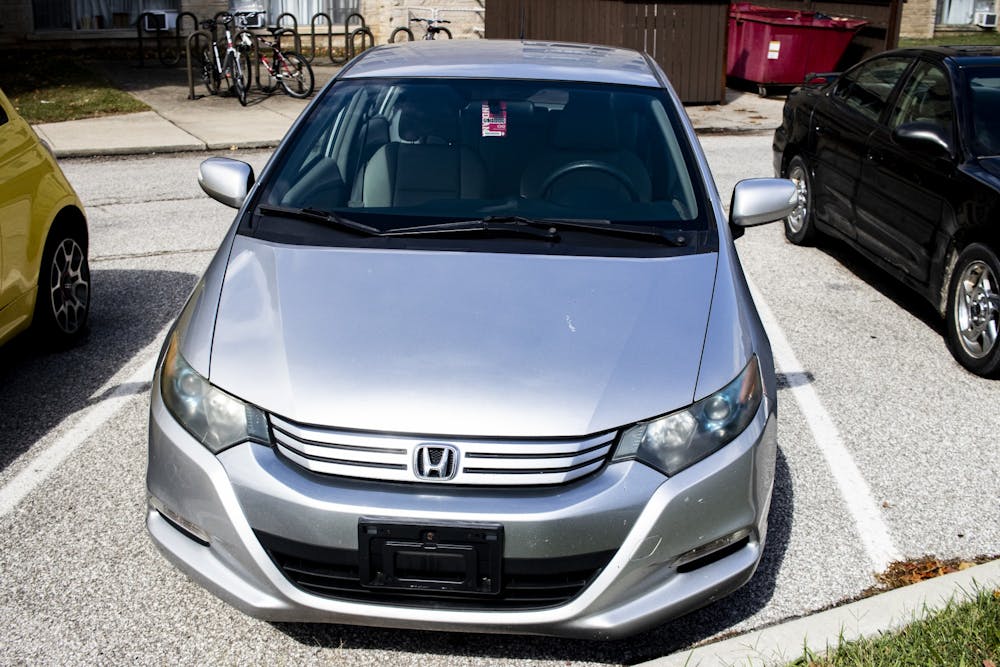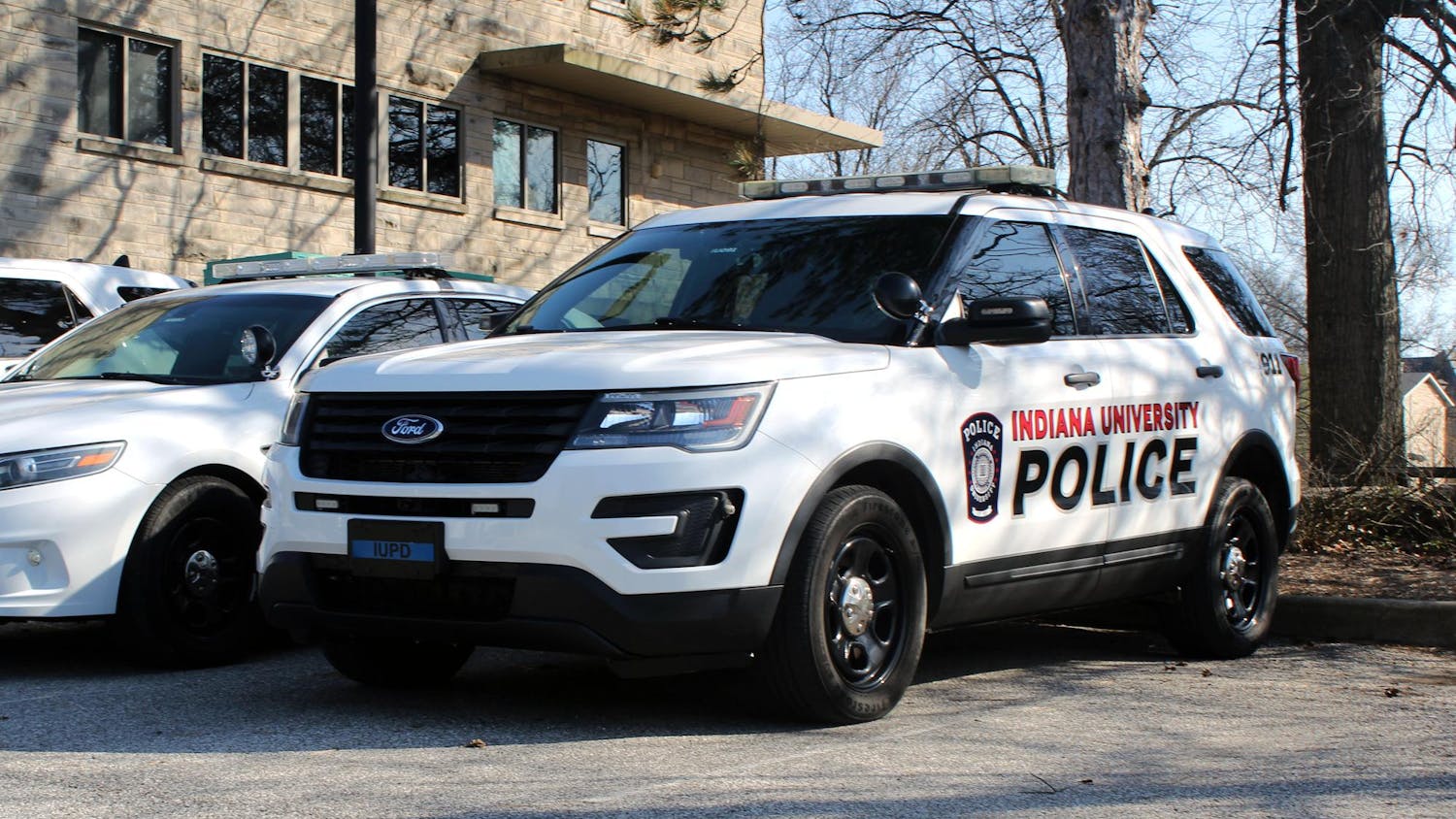IU Parking started a 12-month pilot to test License Plate Recognition (LPR) technology on campus.
The technology functions such as a barcode scanner, said Amanda Turnipseed, IU director of parking operations.
Cameras use the technology to scan license plates with permits electronically linked to them.
During this pilot period, a truck with cameras installed will drive around campus to verify that vehicles have registered permits for their zone.
“The camera on the truck is looking at the license plate as a parking officer would look at a physical hangtag in the window,” Turnipseed said.
Turnipseed said that IU parking will not administer any tickets from the LPR technology during the pilot. Parking enforcement officers will continue monitoring parking as usual.
IU Parking is also installing cameras in the Poplars garage and the lower level of the Jordan Avenue garage to inform users of available parking spots.
Turnipseed said there are many advantages to using the technology. The technology increases efficiency in validating parking permits and eliminates the need for a physical tag.
“One benefit is that it reduces waste and lessens the university’s cost in purchasing physical hangtags and the distribution of them,” she said.
The technology also generates some concerns, including shared permits. Turnipseed said in an email to the Indiana Daily Student permit holders can register all of their vehicles on their IU Parking accounts, allowing the permits to be applied to multiple cars.
“There’s a lot of operational challenges that come along with the technology too, especially when you’re talking about families that have multiple vehicles on campus or employees that drive multiple vehicles to campus, ” she said.
Turnipseed said she expects some errors with the technology, but the pilot period will allow time to uncover and address these issues.
If the technology is implemented after the pilot, parking enforcement officers will review the accuracy of tickets issued through the technology, Turnipseed said.
“There are going to be data errors that we’ll have to work through and it will require some enforcement personnel to be ensuring that any citations issued after implementation are validated and accurate,” Turnipseed said.
Turnipseed said IU parking will consider implementing the technology after assessing the benefits and concerns uncovered during the 12-month pilot.
“The purpose of this pilot is to allow us adequate amount of time to gather what all of the barriers and challenges are that we will need to find solutions for before we actually consider putting it into operation,” Turnipseed said.
CORRECTION: A previous version of this article stated LPR technology would prohibit the sharing of a permit between two or more cars. Permit holders may register all vehicles they use to their IU parking accounts, allowing permits to be shared between multiple cars.




